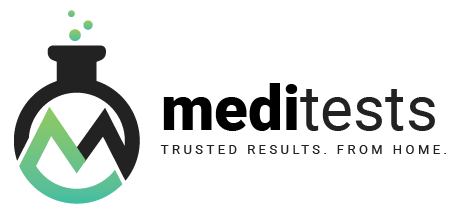Drug testing at work is an important process that varies based on the type of job you have and the company policies. Here’s what you need to know about how drug testing works, your rights, and how to navigate the process.
Key Questions You Might Have About Drug Testing at Work:
- Why does my employer test for drugs?
- What happens during a drug test at work?
- What are my rights if I test positive for drugs?
- Can I refuse a drug test?
- How is my privacy protected during drug testing?
Why Do Employers Conduct Drug Testing?
Drug testing at work is primarily done to ensure safety, especially in jobs that involve operating heavy machinery, driving, or tasks that require high levels of attention and alertness. Some employers, particularly in government positions, are required to conduct drug tests to maintain a safe and healthy work environment.
In most private companies, drug testing is voluntary but often follows similar guidelines to government regulations. This helps discourage the use of illicit drugs in the workplace.
What Happens During Drug Testing?
- Notification: Employers must inform employees about drug testing through proper announcements.
- Testing Locations: Drug testing may be conducted on-site or at an accredited testing facility. Some companies use third-party services to minimize workplace disruption.
- Witnesses: During the test, representatives will be present to ensure the process is valid and your rights are protected.
- Disposal of Materials: After testing, all materials such as needles and containers are treated as biological hazards and disposed of in accordance with health regulations.
Confidentiality and Your Rights
One of the most important aspects of drug testing at work is confidentiality. Here’s how your privacy is protected:
- Private Results: Your test results are shared only with you and remain confidential. Employers cannot disclose or use them inappropriately.
- Positive Results: If you test positive, the company must offer or refer you to treatment options, such as rehab and support programs.
- Refuting False Results: If you disagree with the test results, you can challenge them through the proper channels, including your union, company representatives, or even an attorney.
What Happens If You Test Positive for Drugs?
If a drug test result is positive, employers are required to help employees access treatment options. These services are often available through government programs, and individuals can also seek voluntary treatment through private facilities.
Can You Refuse a Drug Test?
Yes, you have the right to refuse a drug test. However, the company may have policies in place that could affect your employment status. If you refuse the test, you can contact your union or refer to labor laws for guidance on your rights.
Consent and Legal Considerations
- Consent Form: Before any testing, you will be asked to sign a consent form. This form gives the company permission to perform the test and is legally binding.
- Voluntary or Mandatory: Some testing is mandatory, depending on your role, while others are voluntary but follow similar procedures.
How to Get More Information
For more detailed information about drug testing at work, refer to:
- Your Labor Union Board
- Websites like SAMHSA (Substance Abuse and Mental Health Services Administration) and NIDA (National Institute on Drug Abuse)
- Relevant government and private resources
Summary
Drug testing at work is primarily about maintaining safety and promoting a healthy work environment. Understanding your rights and how the process works can help you navigate any testing you may undergo. Always remember that your consent is required, your privacy is protected, and you have the right to refuse or challenge any results if necessary.



















































































